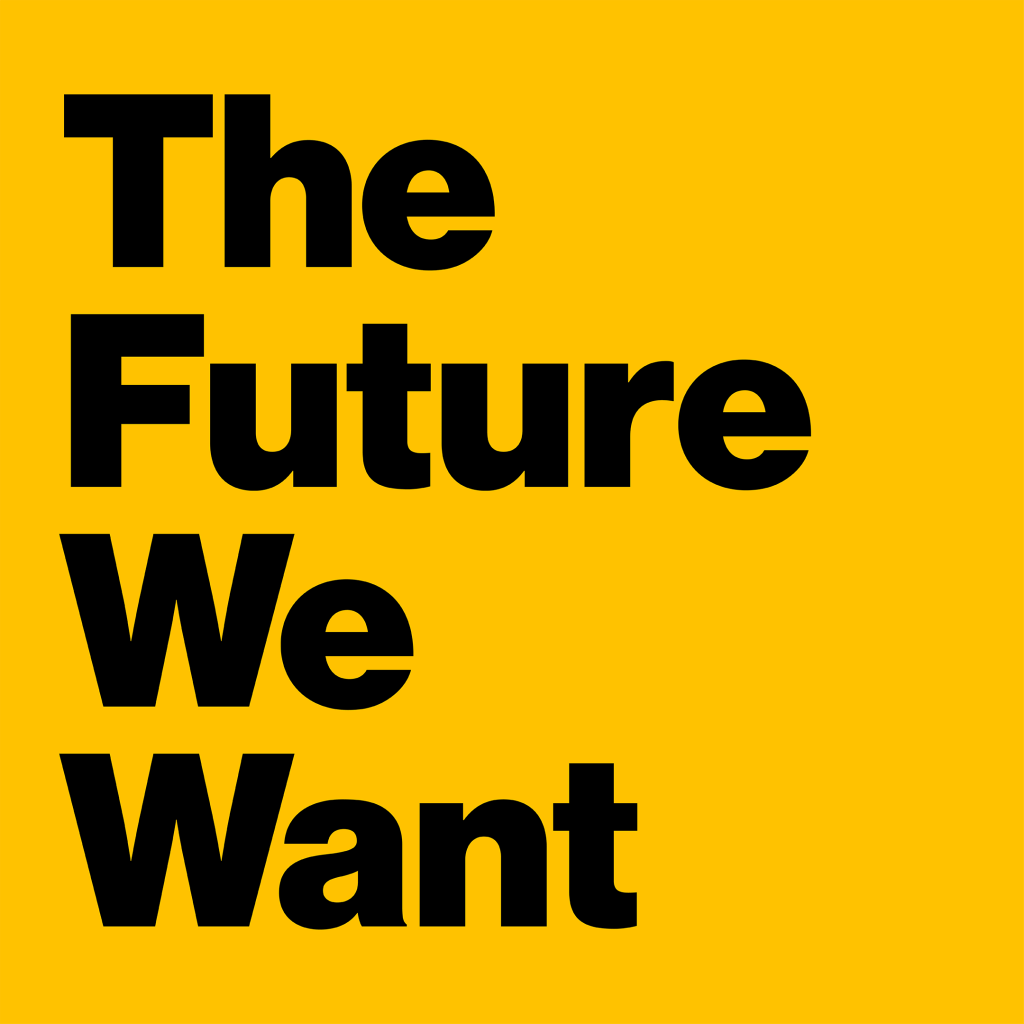What is Regenerative Branding?

How to Design New Systems and Stories to Regenerate our World
Regeneration has become a buzz word on the lips of many business and brand leaders. And for good reason. In many cases, sustainability strategies have only amounted to doing less harm. Emitting less carbon, using less energy, producing less waste.
For brands to really step up to the intersecting crises of climate change, equity, and justice, being less bad is not good enough. We need Regenerative Brands.
Regenerative Brands are a necessary evolution of “sustainable brands” and focus on making a net positive impact on people and the planet. Regeneration is a mindset that must be applied across the entirety of the business, from how we source materials to how we manufacture products, from the way we treat employees and partners to the way we use, re-use, share, repair and repurpose products over time.
In recent years regenerative agriculture has been breaking into the mainstream consciousness. Practices like no-till farming and planting cover crops can be traced back to indigenous wisdom that was more mindful of stewarding the land for the long term prosperity of all beings. Now we’re seeing that kind of long term, regenerative thinking making its way into other aspects of how we do business.
So what is regenerative branding?
If regenerative agriculture is a way of fixing one broken system, regenerative branding is how we use the vessel of a brand to redesign the systems and tell stories that transform culture. It’s taking a holistic approach to the role of a brand in order to meet human and societal needs, create additive business, social and planetary value, and shape beliefs, aspirations, behaviors – as well as our sense of identity, community, and cultural norms.
What does that look like in practice? It starts with becoming aware.
Aware
Regenerative branding begins with deep listening for the human needs and aspirations of your audience. The daily struggles of your customers. The ambitions of your employees. The nuanced challenges of all the stakeholders in the system in which you operate. It requires reflection on the role of the business and its impact on people and the environment – now, in the past, and into the future.
Empathetic listening to your internal team, your consumer, and to what’s emerging in culture can unlock the emotional truth in your business and dial up the humanity in your brand. It may reveal opportunities that you had not considered or turn hunches into strategic plans.
Through our work over the years with Target, BBMG has helped them adapt to new consumer desires for more sustainable choices and raise the bar on what a mass retailer can offer. Our research pinpointed feelings of ambivalence, guilt, and even remorse that consumers feel with all of the packaging and waste piling up in their lives. Target wanted to honor those experiences by making it easier and more delightful to access the products they need without the waste. BBMG helped design their Target Zero collection to make it simpler and more delightful to shop waste-free packaging products, and their participation with the Beyond the Bag initiative alongside Walmart, CVS, and other retailers is an ambitious collaboration to reinvent the retail bag and end plastic waste.
Additive
With clarity on your brand’s strengths, purpose, and unique role in society, regenerative branding then asks, how might your business be additive and give more than it takes in an interconnected, living ecosystem? It looks to unite what’s meaningful for consumers with what’s material to the business so that both can thrive long term.
Applying a regenerative lens can help integrate your business strategy with social and environmental impact to unlock new pathways for leadership. In our work with Macy’s, the retailer already had a strong history of community giving and volunteerism, but it had ambition to do more and revive its relevance for a new generation. The new social purpose platform we designed, Mission Every One, celebrates bold representation for all and includes a commitment to direct $5 billion by 2025 to their people, partners, products and programs to create a more equitable and sustainable future. Mission Every One has helped usher in a new era of positive impact for the company with more voice, choice and ownership including investing $30 million over five years to support entrepreneurs from underrepresented groups in the retail industry.
Alive
Successful regenerative branding will unleash the brand as a dynamic shaper of culture and enabler of positive behavior change. Regenerative brands are adaptable to changing norms and emerging possibilities. It may show up as invitations for creative co-creation with consumers or movement leaders, or collaboration with peers to solve a hairy industry challenge in service of a better future for all.
We’re impressed by the moves The North Face has made in recent years to embrace inclusivity and empower more people to explore the outdoors. Even our work with them to create The North Face Renewed recognized that refurbished apparel was not only a sustainability move, it was a way to make their gear more accessible to customers at a lower price point and build a more inclusive culture for outdoor exploration. Since then the brand has created The Explore Fund Council to bring a more inclusive, co-creative approach to grantmaking, funding organizations like Adaptive Climbing Group and Native Women Running, and they introduced the Allyship in the Outdoors course to lower barriers for people of color in the outdoors. These investments in cultural relevance, not just trend-chasing, have helped The North Face’s revenues climb even when other brands in the VF portfolio struggled.
5 Regenerative Brands to Watch
To help bring the concept of regenerative branding to life for you, here are five brands that caught our attention with their regenerative leadership in 2024.
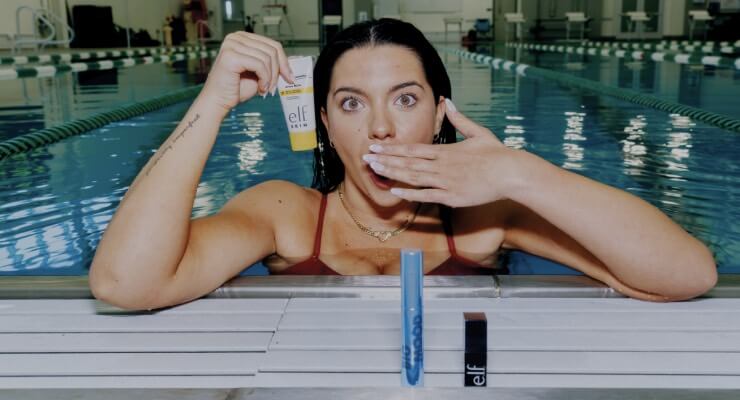
e.l.f. Cosmetics is Radically Accessible
From making beauty products more accessible for the blind and low-vision community to advancing the role of women in sports and diversity in the boardroom, e.l.f. Cosmetics is all in on their mission to democratize beauty with affordable, accessible, inclusive and cruelty-free products. And the brand does it all with kindness and a wink that’s delightfully welcoming.
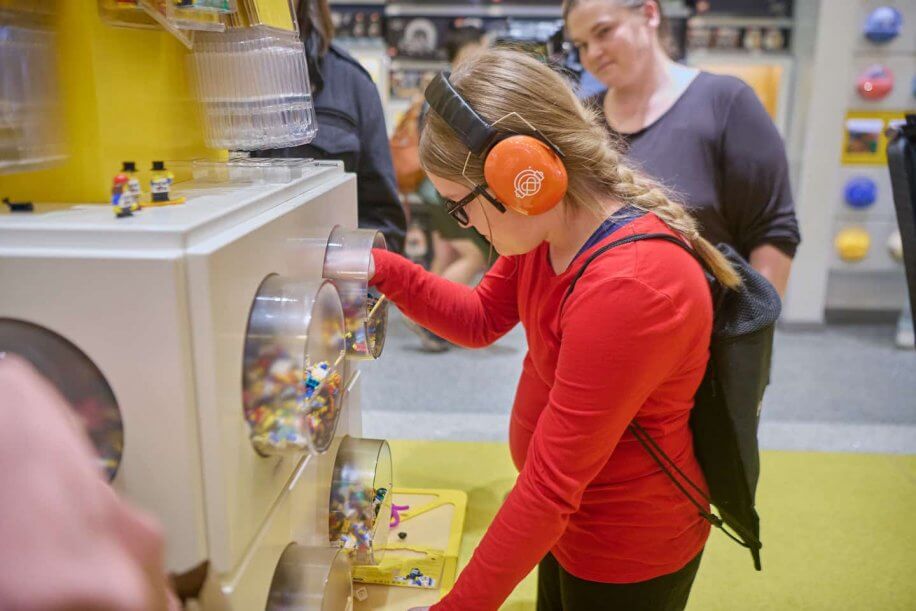
LEGO Tackles Bias, Embraces Neurodiversity, and Boosts Sustainability
A beloved brand for kids of all ages, LEGO stepped up their impact on inclusivity and sustainability in 2024. Building from their global study on societal biases that hinder girls’ creative confidence from a young age, LEGO launched initiatives to foster girls’ creative potential. LEGO also launched programs to support neurodiverse individuals, making play more accessible and inclusive, and their Community Builders Challenge, fosters empathy and inclusive thinking among kids. They also keep pushing the needle on sustainability with their LEGO Replay program, enabling families to donate used bricks for children in need while keeping bricks out of landfills.
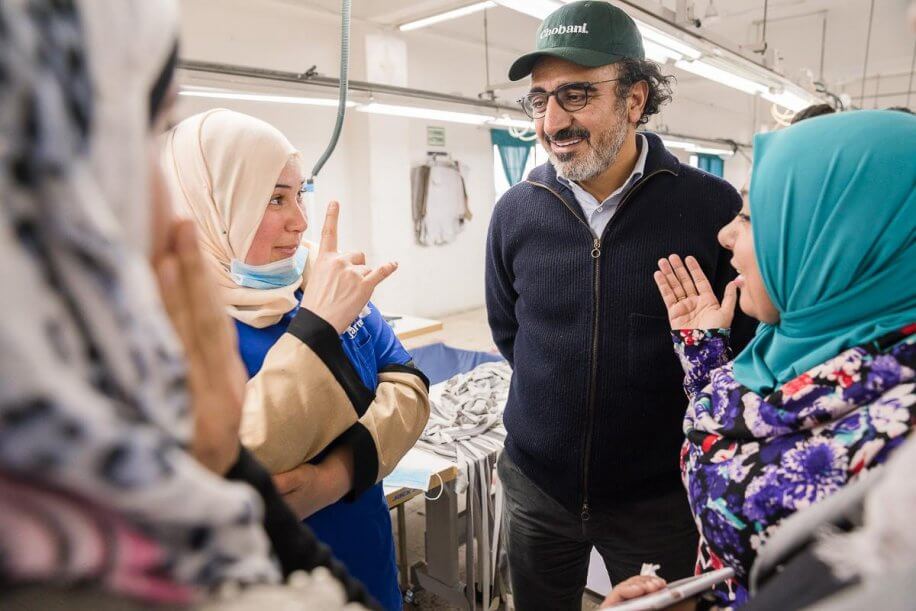
Chobani’s All-in on Supporting Vulnerable Populations
Dairy brand Chobani consistently champions refugees, immigrants, and vulnerable communities. With 30% of its workforce from refugee and immigrant backgrounds, the company leads initiatives like the Tent Partnership for Refugees, founded by CEO Hamdi Ulukaya, himself an immigrant to the U.S. In 2024, Chobani launched Super Milk, a shelf-stable, nutrient-rich dairy product designed to support disaster-affected and underserved populations, distributed via partners like the American Red Cross and local food banks. This latest effort shows how commitment to a purpose can inspire product innovation as well as social impact.
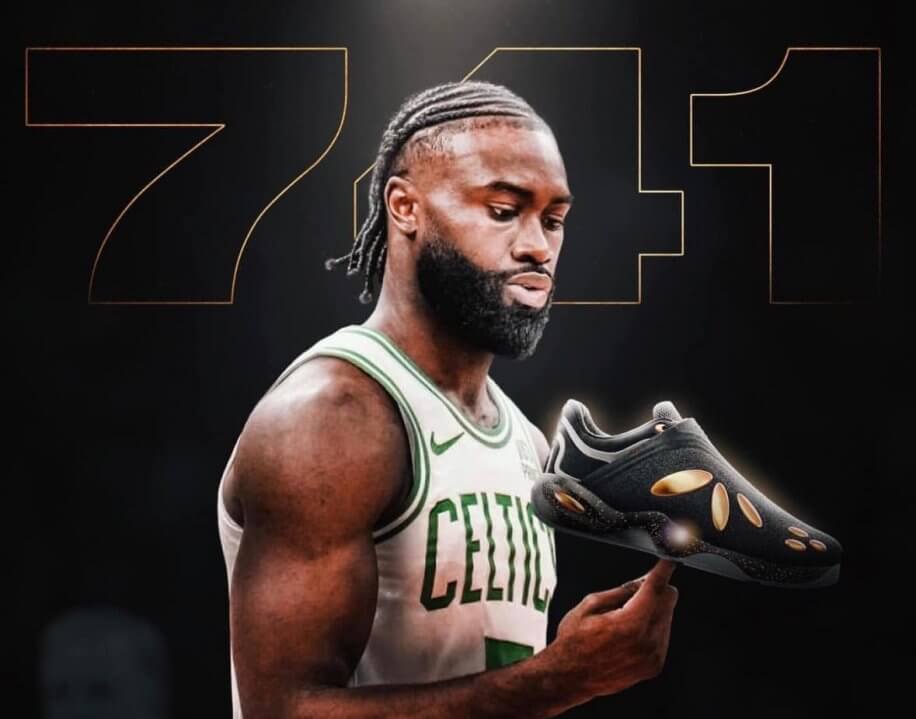
Jaylen Brown’s 741 and BXC Change the Game
Fed up with the limits of traditional athlete endorsements, Boston Celtics star Jaylen Brown turned down $50 million to launch 741, his new, independent performance brand where he retains full ownership and creative control. He’s also behind Boston XChange (BXC), a nonprofit aimed at creating generational wealth and sparking cultural innovation in underserved communities. With 741 and BXC, Brown isn’t just changing the game—he’s rewriting the playbook on empowerment, opportunity, and what it means to lead with purpose.
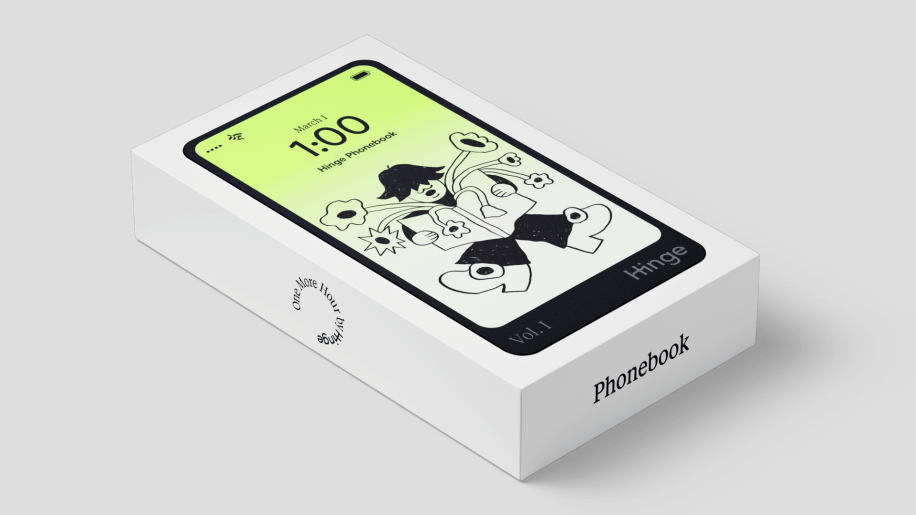
Hinge Combats Loneliness Epidemic
Hinge’s “One More Hour” campaign addresses the loneliness epidemic among Gen Z by encouraging increased in-person interactions. Launched with a $1 million fund, the initiative offers grants of up to $25,000 to social groups in Atlanta, Los Angeles, and New York City that facilitate affordable, recurring face-to-face connections. The brand supported the campaign on the Global Day of Unplugging from March 1 to March 2, 2024 by offering a free, limited edition pocket-sized Hinge Phonebook with over 100 pages of screen-free activities designed to foster real-life interactions. For a digital app to get so fully behind non-digital engagement shows a real confidence in their mission.
What other examples have you seen in the wild of brands taking a regenerative approach to their role in culture with systems change and stories that inspire participation? We’d love to hear from you – and let’s keep raising the bar for what regenerative brands can do.
This article was originally published December 20, 2022 and updated December 16, 2024.


